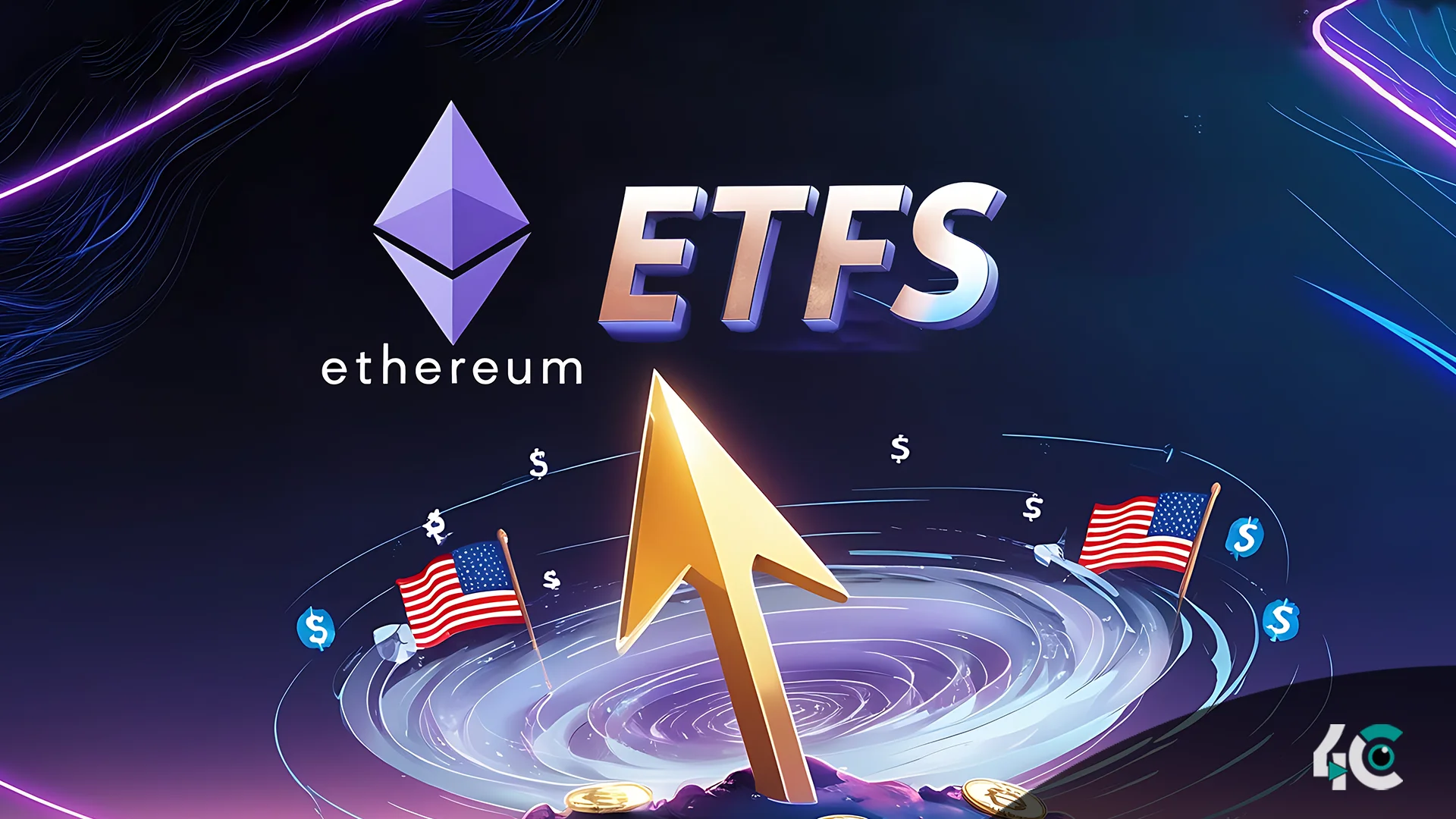Bernstein recently reported that Ethereum exchange-traded funds (ETFs) in the United States may soon feature staking yields. This move could draw large institutional investment, especially in a low-interest-rate environment, as Ethereum’s popularity grows faster than Bitcoin’s.
Staking is the process of locking up Ether as collateral with a validator on the Ethereum network, allowing players to earn incentives in the form of more ETH. ETH now has an annual staking return of roughly 3.1%; however, this could increase to 4-5% during periods of strong network activity.
Bernstein analysts predict that a more crypto-friendly government could soon authorize staking, despite the US Securities and Exchange Commission (SEC) previously prohibiting Ethereum ETFs from paying staking yields. The expected clearance could allow ETFs to offer new yield options, making them more desirable to institutional investors.
Ethereum’s status as the premier platform for decentralized finance (DeFi) and smart contracts boosts its investment appeal. Ethereum-focused funds have already witnessed record inflows in 2024, and adding staking benefits might boost growth even more. Analysts anticipate that the Ethereum network’s potential to generate free cash flow will drive the price of ETH up to $22,000 by 2030.
































